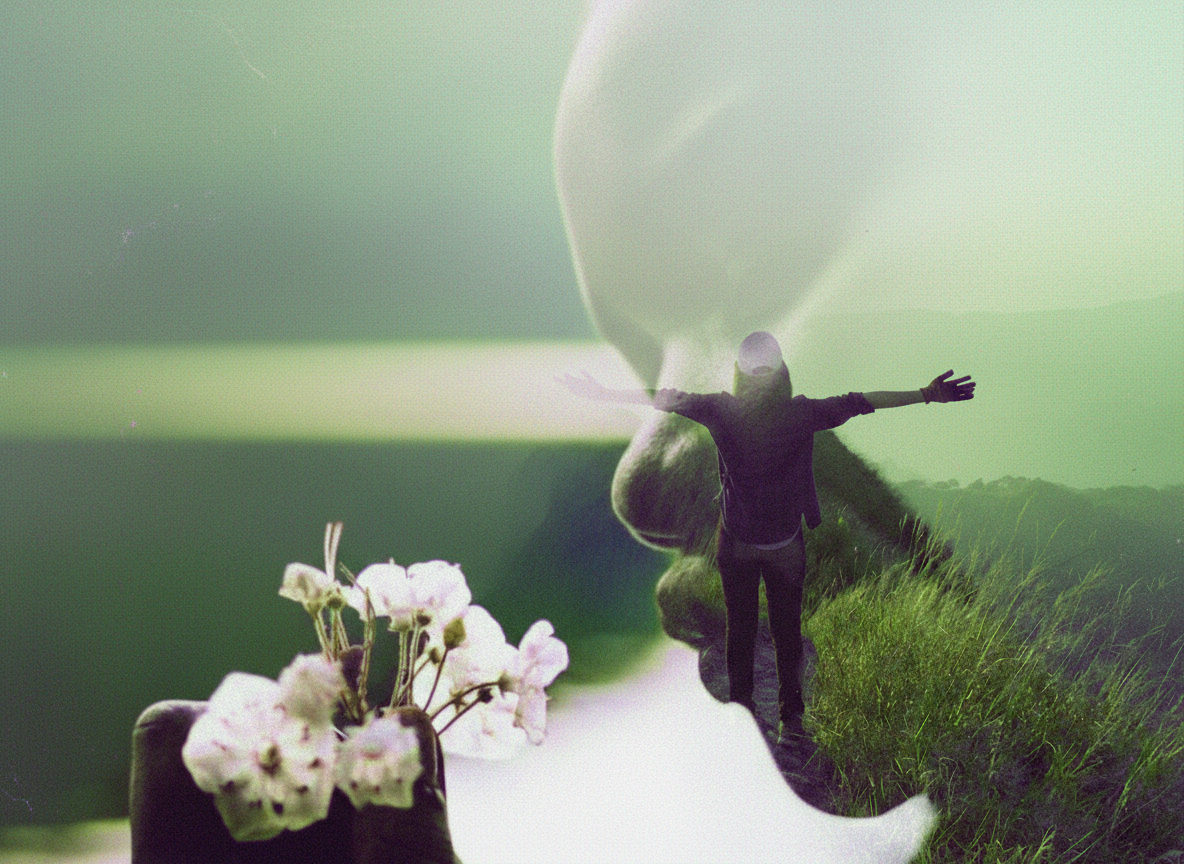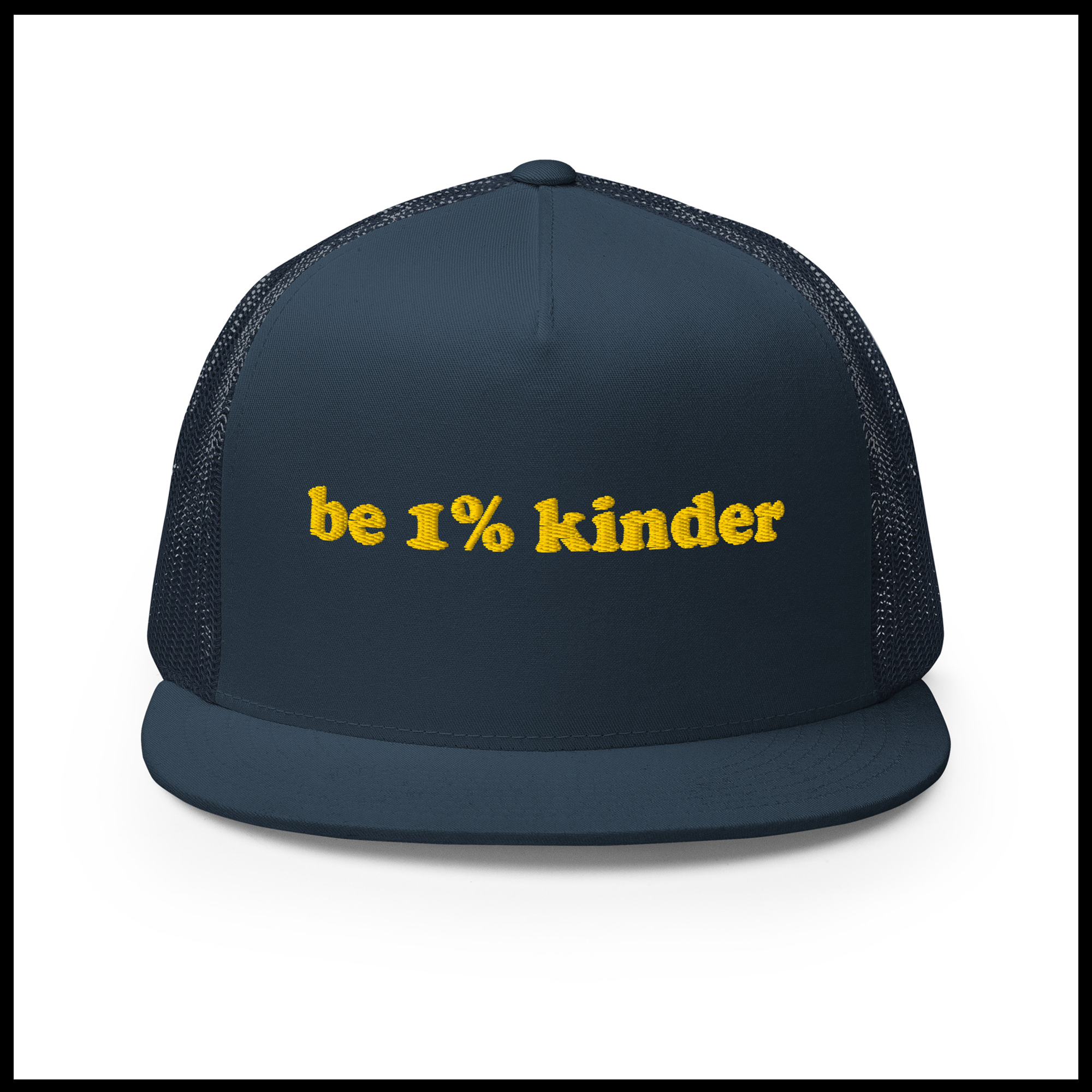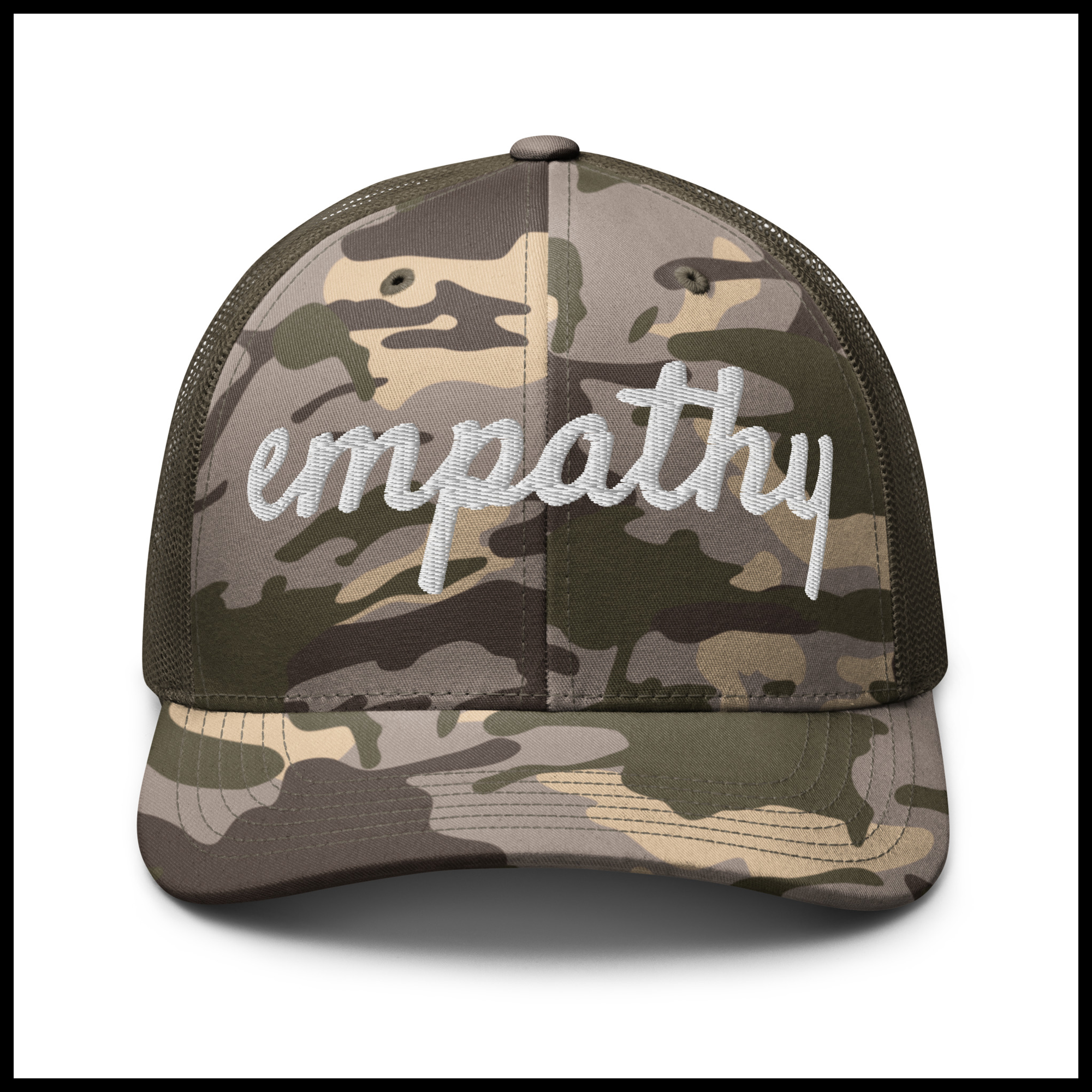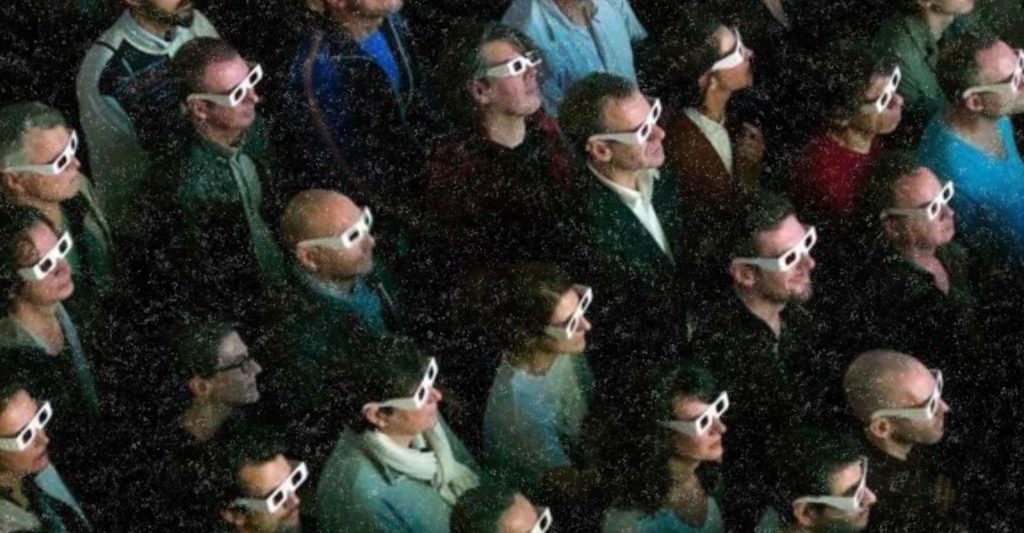
Where Gratitude Gets You: The Psychology Behind a More Connected Life
Thanksgiving gets a lot of attention as the “gratitude holiday.” We make lists, raise glasses, and say thank you. But as psychologist David DeSteno explains in this Hidden Brain episode, gratitude isn’t just a warm feeling—it’s a powerful social tool.
And at +wellvyl, we believe gratitude is one of the most important practices in social wellness.
This episode shows us why.
Gratitude Isn’t About the Past—It Shapes Who We Become Next
One of the biggest insights from the episode is that emotions aren’t reflections—they’re predictions.
Gratitude doesn’t just make us feel good about what has happened. It actually shapes what we choose to do next.
When people feel grateful, their brains shift into long-term thinking.
Instead of acting impulsively (“I want this now”), they act with more care, patience, and perspective.
That is a core part of social wellness:
choosing connection over convenience.
choosing generosity over self-protection.
choosing future gains over short-term relief.
This is why gratitude can improve self-control, mental health, health behaviors, and even financial habits—not by willpower, but by aligning us with what really matters.
Gratitude Builds Stronger, Healthier Social Bonds
The episode highlights something we talk about often at +wellvyl:
Relationships make us resilient.
People with strong connections recover faster, cope better, and feel more confident. Gratitude strengthens those bonds by making us:
- more generous
- more patient
- more honest
- more dependable
- more willing to show up for others
Gratitude creates what DeSteno calls an “upward spiral” of care. When someone gives to us, we naturally want to pay it back—or pay it forward. This generosity builds social trust, which is essential for connection, belonging, and community.
This is social wellness at work.
Gratitude Makes Us Kinder, Safer Humans—Not Pushovers
A powerful moment in the episode reveals that gratitude doesn’t make you soft.
It actually makes people more willing to stand up against injustice.
Grateful people are more likely to:
- intervene when someone is being treated unfairly
- help strangers
- resist selfish urges
- act with integrity
This reinforces +wellvyl’s belief that kindness is not passive—it is courageous.
Social wellness isn’t about avoiding conflict. It’s about showing up for what’s right.
Small Acts of Gratitude Create Big Shifts in Loneliness
Hidden Brain also explores how gratitude reduces stress and loneliness.
Why? Because gratitude reminds us we are supported—by mentors, caregivers, friends, or even strangers doing small acts of kindness.
As DeSteno puts it:
“Gratitude is the moral memory of humankind.”
At +wellvyl, we see gratitude as a direct antidote to the loneliness epidemic. Even reflecting on one moment of care—someone helping you, including you, or believing in you—can make you feel connected again.
And when you express gratitude outwardly, you strengthen the bonds that protect your emotional and social health.
Why +wellvyl Is Featuring It
This podcast embodies everything we believe:
- Gratitude is a skill, not an accident
- Connection makes life meaningful
- Kindness builds stronger communities
- Emotions are tools for healthier relationships
- Social wellness begins with the smallest choices we make each day
What better time than Thanksgiving week to explore a tool that isn’t just seasonal—but transformational?
If you listen to one thing this week, let it be this episode.
It might just change how you think about gratitude—and how you practice it.
Choose a Subscription
Shop +wellvyl APPAREL











